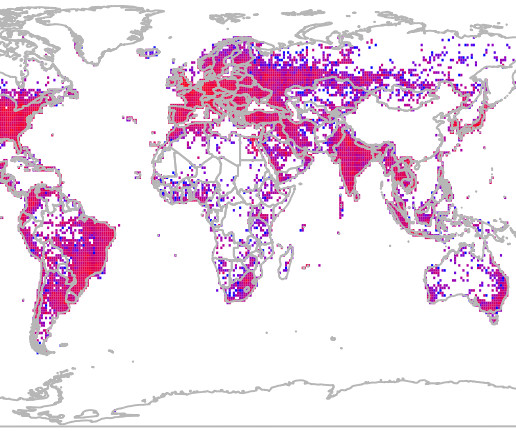The Hacker Mind: Hacking Aerospace
ForAllSecure
MARCH 14, 2022
CBS: A computer security researcher was kept off a plane for suggesting on social media that he could hack into the planes control system. I think the easiest way to describe it is in talking to different folks who are not familiar with DEF CON, you know, any conference has presentations. And his work certainly made the evening news.













Let's personalize your content